Aim:
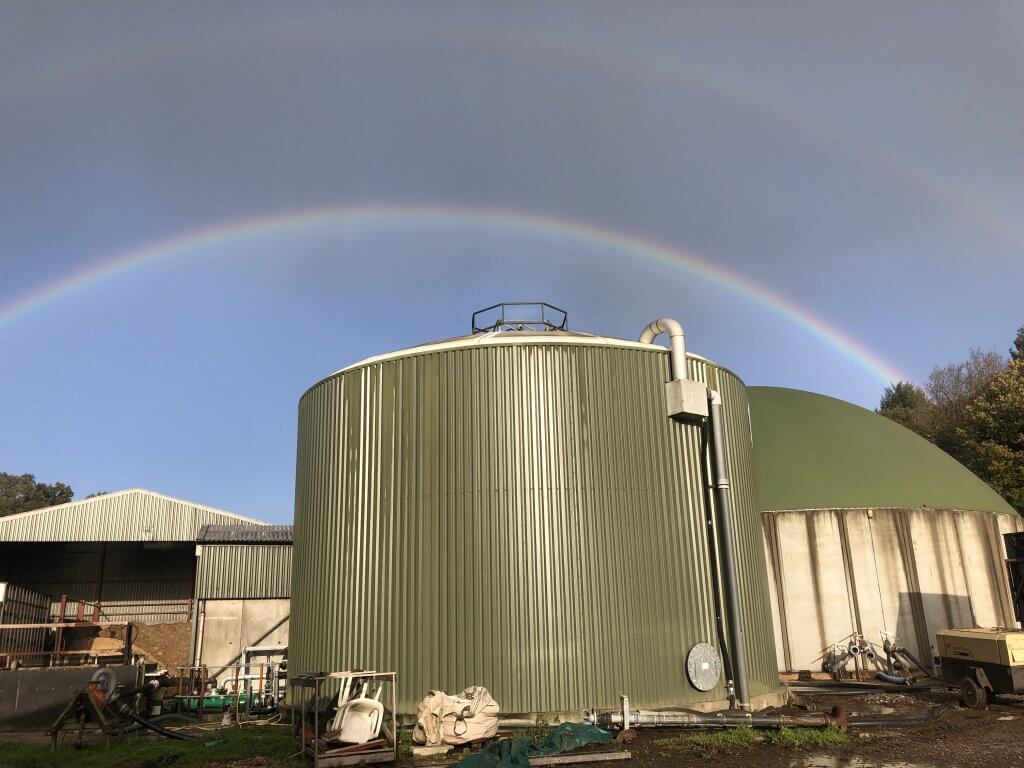
Through its activities the WG aims to engage stakeholders from trade bodies, industry, water utilities and government departments such as Defra, DESNZ, the EA and others.
What’s Next for AD? – EBNet Anaerobic Digestion Working Group
Current generation anaerobic digesters provide a sustainable and low-carbon treatment of organic waste and wastewater sludges using mature technology, with growth in the sector predominantly determined by the increased capture of AD-appropriate organic wastes. Despite this there remain exciting opportunities both in the improvement of existing AD processes and technologies (e.g. emerging feedstocks, pre-treatment, process intensification), and in the development of novel applications and new markets beyond the current AD status quo (e.g. biorefining/high value products, green hydrogen, biomethanation). The group brings together relevant interdisciplinary expertise to explore ‘What’s next for AD?’ and how the wealth of historical and current research combined with existing expertise in this field can contribute to the next generation of anaerobic biotechnologies across the energy, food, agriculture, water and biomanufacturing sectors. The group aims to strengthen the link between the AD research community, policy makers and industry to ensure activities support both near- and long-term industrial needs. Initially the group will act as a hub for collaboratively assessing the opportunities, challenges and barriers, with more specific outcomes developed through these scoping activities.
Interested?
Contact the Working Group co-ordinator: Dr Mark Walker, University of Hull.
 Mark is a lecturer in the Department of Engineering at the University of Hull and programme coordinator for the MSc Energy Engineering. Mark has over 10 years of research experience and has worked on 15+ academic and industrial innovation projects in the areas of bioprocessing, bio-based production, and bioenergy, with a particular focus on anaerobic digestion for waste and wastewater management and its integration into larger energy, biorefinery or agricultural systems. Mark’s research uses lab scale systems and process modelling to appraise and develop novel bioprocesses, to inform integrated models that can be used to design, analyse and optimise systems that involve combinations of technologies, and assess them against sustainability criteria using techniques such as technoeconomic assessment (TEA), carbon footprints and lifecycle assessment (LCA). Email mark.walker[at]hull.ac.uk with EBNet Working Group in the subject in the first instance.
Mark is a lecturer in the Department of Engineering at the University of Hull and programme coordinator for the MSc Energy Engineering. Mark has over 10 years of research experience and has worked on 15+ academic and industrial innovation projects in the areas of bioprocessing, bio-based production, and bioenergy, with a particular focus on anaerobic digestion for waste and wastewater management and its integration into larger energy, biorefinery or agricultural systems. Mark’s research uses lab scale systems and process modelling to appraise and develop novel bioprocesses, to inform integrated models that can be used to design, analyse and optimise systems that involve combinations of technologies, and assess them against sustainability criteria using techniques such as technoeconomic assessment (TEA), carbon footprints and lifecycle assessment (LCA). Email mark.walker[at]hull.ac.uk with EBNet Working Group in the subject in the first instance.
Latest News
See here for recent items from this WG, and for more news click on tags for AD WG or Anaerobic digestion
For details of activities to March 2025, see the WG Activity Report HERE.
A video playlist from the final ADNet conference is also available here.
WG Activities
Workshops
EBNet New Biomethane Workshop 15-17 January 2025, Birmingham
In conjunction with three other EBNet WGs, the AD WG ran a workshop bringing together key individuals in the field of biological production of Renewable Natural Gas (RNG) (i.e. emerging biomethane sources). The aim was to assess new technologies and sources of production and put them in the context of national & international decarbonisation of energy and adjacent sectors (manufacturing, chemicals etc. Preliminary results are here, and more detailed outputs will be available soon.
EBNet/Carbon Recycling Network Gas Fermentation Workshop 27-28 March 2024, Cheshire
This workshop on microbial systems with gaseous inputs brought together 28 national and international contributors to identify key questions and knowledge gaps, R&D needs for technology progression and transfer, and actions to promote progress and alleviate any obstacles. Many of the issues identified also apply to a much wider range of industrial biotechnologies. See Resports section below for details of the key outputs.
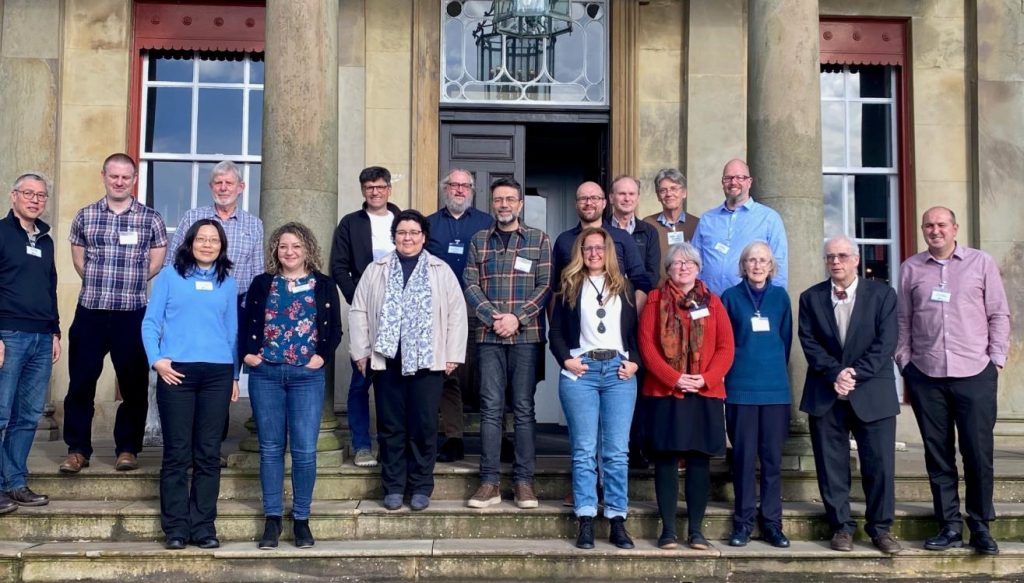
Reports and studies
Modeling the decarbonisation of carbon-intensive industries through the integration of CO2 biomethanation: assessment of carbon savings and production costs – Main report and Executive Summary
This study was jointly funded by the Carbon Recycling Network and EBNet. The report is supported by a detailed presentation here on YouTube, and a poster-format Summary on CO2 Biomethanation as an enabling process for carbon recycling and utilisation – critical review of gaps and opportunities for future scale-up in the UK
Advancing Gas Fermentation Technologies: A multi-disciplinary challenge. A series of reports were produced as outputs from the joint EBNet/Carbon Recycling workshop. Follow links for the main Report and a Position Statement, Summary, Outcomes, Priorities and Visualisation
A study to assess Food Waste Behaviour within university systems to improve food/food waste behaviour and recycling rates was carried out with funding from EBNet and support from the AD WG. An outline report is available here, with details of the associated journal publication here. For more information contact the WG Lead.
Through the AD WG, EBNet has also contributed to the following reports:
Farm of the Future: Journey to Net Zero
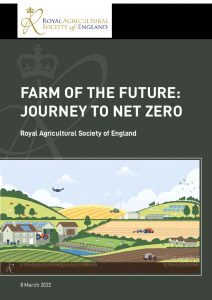 The Farm of the Future: Journey to Net Zero report covers resource management, renewable energy systems, enterprise decarbonisation and policy recommendations.
The Farm of the Future: Journey to Net Zero report covers resource management, renewable energy systems, enterprise decarbonisation and policy recommendations.
The report is published by the Royal Agricultural Society of England (RASE) with EBNet’s Angela Bywater as Lead Editor. EBNet was also one of the organisations sponsoring the report. Further sector-specific reports are also available to RASE members.
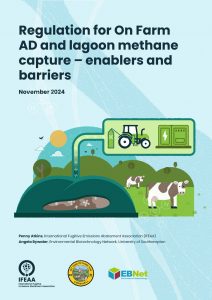
International Fugitive Emissions Abatement Association (IFEAA) reviews
- Enablers For On-Farm Anaerobic Digestion, Methane Capture and Use: Full and Summary Reports
- Regulation for On Farm AD and lagoon methane capture – enablers and barriers: Report
These reports are also available from IFEAA’s Net Zero Methane Hub Insights page.
Webinars
Opportunities in Biogas – an IEA Task 37 perspective, Wed 5 March 2025 13-14:00 UK
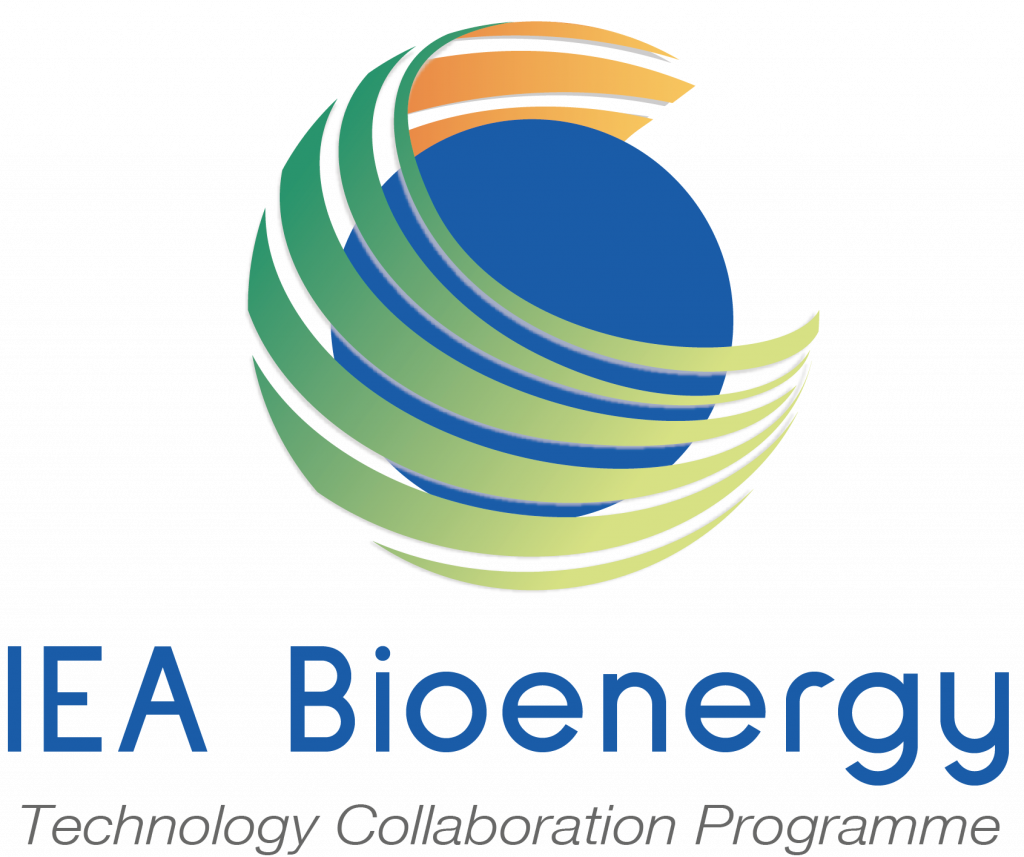
This webinar is on the activities of IEA Bioenergy’s Task 37 Bioenergy from Biogas, including its rich catalogue of reports and case studies. It includes two presentations: a general introduction to the Task and its outputs and work programmes by current Task Leader Jan Liebetrau, and an example of a recent study highlighting potential for application of anaerobic digestion in the food and beverage sector, presented by incoming Task Leader Bernhard Drosg. These were be followed by an opportunity for questions and discussion on the Task’s future plans and other areas of interest to participants.
 Featuring former and current Task Leaders:
Featuring former and current Task Leaders:
Dr Jan Liebetrau, Head of Department Consulting and Research, Rytec GmbH. Led Task 37 until Spring 2005, before handing over to Dr Bernhard Drosg.
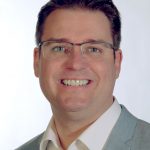 Dr Bernhard Drosg. Head of the Research Area ‘Biochemical Technologies’ at BEST – Bioenergy and Sustainable Technologies GmbH, and Senior Scientist at BOKU University of Vienna, Austria. He has represented Austria in IEA Bioenergy Task 37 since 2010 and has 17 years of experience in biogas research and development.
Dr Bernhard Drosg. Head of the Research Area ‘Biochemical Technologies’ at BEST – Bioenergy and Sustainable Technologies GmbH, and Senior Scientist at BOKU University of Vienna, Austria. He has represented Austria in IEA Bioenergy Task 37 since 2010 and has 17 years of experience in biogas research and development.
Chair: Andrew Brown, Technical Support Manager, ADBA. A recent addition to the ADBA team, Andrew is a Process Engineer with over 5 years specialising in the AD industry, supporting investors and operators in all aspects of practical, global AD developments. Andrew’s focus has been on technical due diligence and AD plant design for investors, helping secure funding for new builds and plant upgrades for sites around the globe. Now, Andrew is supporting a range of initiatives at ADBA and their sister company WBA, to accelerate the global roll out of sustainable and efficient AD operations.
Advances in Anaerobic Membrane Bioreactors, Wed 7 Dec 2022 13-15:00 UK
This EBNet webinar on Advances in Anaerobic Membrane Bioreactors was xhaired by Dr Mark Walker and featured 2 distinguished academics and one leading industry expert
Prof Jules van Lier, TU Delft – AnMBR Fouling mitigation: potential role of flux enhancers
Prof Bruce Jefferson, Cranfield University – The cold hard truth about using AnMBR for municipal sewage treatment
Dr Santiago Pacheco-Ruiz, Biothane – Full-scale AnMBRs for industrial effluent treatment
The Webinar recording of Prof van Lier and Prof Jefferson is here; registered attendees who wish to listen to Dr Pacheco-Ruiz’s talk can contact us for the link.
Other activities
Contributed to the Workshop: Exploring The Past, Present and Futures of Environmental Biotechnology as a Field, 11-17:00, 4 November 2024, Euston, Central London. Commented on the interim findings from the Social Science Working Group exploration of the field and explored some important and provocative questions about the future.
Several WG members attended the IEA TASK 37 workshop: Strategies for emission control on biogas upgrading plants – ZHAW Institute of Chemistry and Biotechnology, Switzerland (and online), 25 October 2023. More information is here.
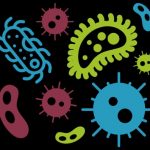 Were you at the ADBA Spring meeting, hosted by EBNet at the University of Southampton? Connecting research/industry – 20/4/2023?
Were you at the ADBA Spring meeting, hosted by EBNet at the University of Southampton? Connecting research/industry – 20/4/2023?
Did you catch Dr Mark Walker at the joint EBNet/Carbon Recycling Network webinar CO2 Biomethanation – 26/5/2022?
For information on many other activities, see the WG report above.
EBNet POC and BIV funding
EBNet funded the following Proof-of-Concept (POC) projects and Business Interaction Vouchers (BIV) in this area:
Real time monitoring of Anaerobic Digestion microbial community as a foaming risk prediction method EBNet POC202112 Dr Dana Ofiteru, Newcastle University
Improving the accuracy, reliability and user experience of low-flow gas meters for research and development in anaerobic digestion and biotechnological processes EBNet BIV202402 Dr Mark Walker, University of Hull
Sludge dewaterability: improved tools for the emerging biotech industries EBNet BIV202102 Dr Yue Zhang, University of Southampton
Understanding anaerobic biodegrability of organic menstrual care products: technical feasibility and sector receptivity BIV202002 Dr Yadira Bajon Fernandez, Cranfield University
Determination of microbial communities of laboratory anaerobic digestion tanks and impact of the CreChar additive on the microbial community dynamics BIV202001 Prof James Chong, University of York
Selected publications
A critical systems thinking methodology to explore circularity of food waste in a university campus. Córdoba-Pachón, J.R., Paucar-Caceres, A., Burrowes-Cromwell, T., Bywater, A., Shah, R., Walker, M. and Behzadian, K., 2025. Journal of the Operational Research Society, pp.1-20.
Experimental Evaluation of Continuous In-Situ Biomethanation of CO2 in Anaerobic Digesters Fed on Sewage Sludge and Food Waste and the Influence of Hydrogen Gas–Liquid Mass Transfer
By: Davide Poggio, Arman Sastraatmaja, Mark Walker, Stavros Michailos, William Nimmo and Mohamed Pourkashanian. In:Processes 2023, 11(2), 604
Potential for biomethanisation of CO2 from anaerobic digestion of organic wastes in the United Kingdom. Processes, 10(6), p.1202. Bywater, A., Heaven, S., Zhang, Y. and Banks, C.J., 2022.
Note: this study is also linked to a large dataset on CO2 Biomethanisation: Dataset for ‘Potential for biomethanisation of CO2 from anaerobic digestion of organic wastes in the UK’. Heaven, S., Zhang, Y., Bywater, A. and Banks, C., 2022.


